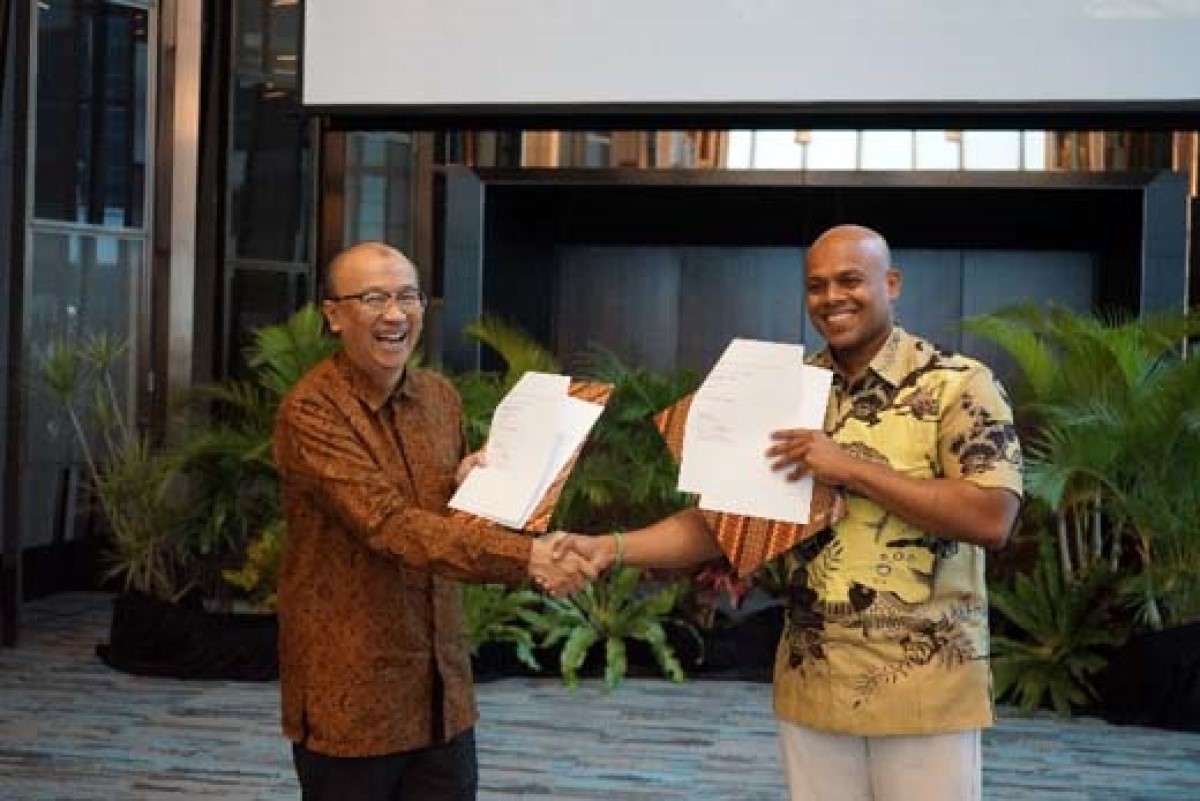12 February 2020 – Green Building Council Indonesia (GBC Indonesia) in collaboration with the Global Building Performance Network (GBPN) launched a collaboration in efforts to decarbonize the building sector in Indonesia. This collaboration will support GBC Indonesia's commitment to the World Green Building Council program, namely Advancing Net Zero, which targets all new buildings in the world to operate at Net Zero level by 2030 and all buildings in the world will operate at Net Zero level by 2050.
The collaboration between GBC Indonesia and GBPN will produce several programs that will help the government and the private sector to realize a Net Zero operating building, including the formulation of strategies and frameworks for implementing net zero buildings in the public and private sectors, preparation of Terms of Reference (TOR) refers to low-carbon specifications in the process of procuring goods and services for housing development programs, school revitalization programs, and campus development in DKI Jakarta. Besides that, there will also be training for professionals and state civil servants, as well as campaign programs for the wider community. There are several pilot projects that will become pilots to become net zero buildings in Indonesia.
This is very important because GBC Indonesia has signed a commitment to the Net Zero Advancing program which includes 5 commitment actions including, Net Zero Certification Program, Net Zero Training, Government Engagement, Corporate Engagement, and Young Generation Education. With the cooperation between GBC Indonesia and GBPN, it is hoped that there will be acceleration for the decarbonization program of the building sector in Indonesia.
Currently, the building sector is one of the largest contributors to greenhouse gases with a percentage of 39% globally. Meanwhile, in 2015 Indonesia was the 4th largest emitter of greenhouse gases in the world. With Indonesia's commitment as stated in its Intended Nationally Determined Contribution at COP22 to reduce emissions by 29% on its own or 41% with assistance from the international community by 2030, strategic and major steps must be implemented as soon as possible and as best as possible. Decarbonization is a strategic step to significantly reduce carbon emissions.
